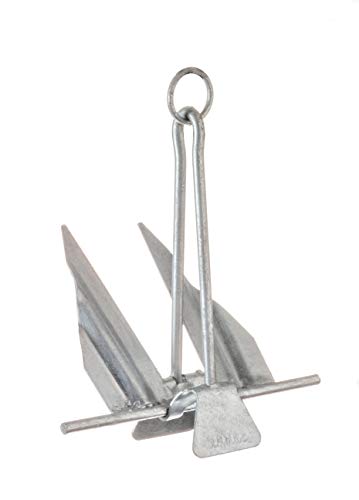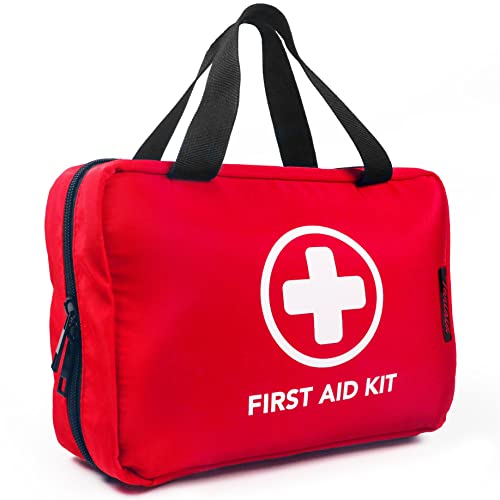First, Jim, what kind of bees are they?
Honeybees, hornets, or paper wasps?
Can you post a pic of the nest? (Take it under cover of darkness....thier low light sight capability is horrible.)
I ask, because research I've done on paper wasps says the workers die over winter. Even then, the queen has to find somewhere relatively warm to hole up in order to survive. Then, she has to start over, building a new nest, laying eggs that hatch in 6-8 weeks, in order for those new workers to take over nest building duties.
I can't speak to hornets, but it seems reasonable that they, too, would have difficulties moving around in cold weather.
My dentist and his wife raise honeybees, and they do hibernate by crowding together, surrounding the queen to ensure her survival. Even then, they lose a bunch of drones and workers to the cold. If it is a honeybee nest, try contacting either an exterminator, or better, a honeybee organization. I'm sure there's a few bee ranchers that would love to get a free hive.
I know that if you want to slow them down to almost a dead stop, hit them with a CO2 fire extinguisher. The cold liquid does the job, and gives you a few minutes to wreak havock upon thier "empire".
I've done this research because paper wasps were my biggest fear as a child. As I grew older, and wound up with my own home and outbuilding(s), I decided that this was MY domain, and I wouldn't allow them to chase me away.
I've learned about thier lack of low-light vision, noticed that most of thier nest building is on the south side, where it gets heated by the sun earlier. (There are exceptions.) And I use that knowledge to my advantage. Extermination duties are relegated to nightfall with a flashlight and wasp spray. A red-lensed flashlight is even better. Let's you see them without hurting your low-light vision.
Roger














































